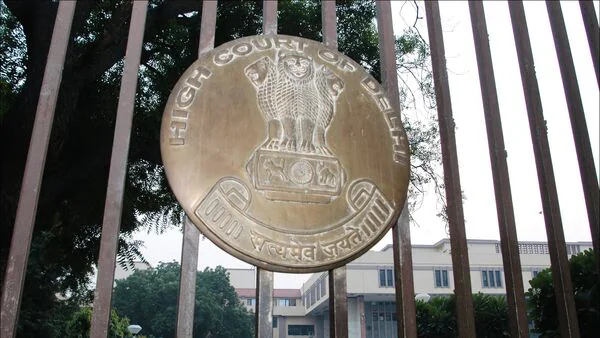
Wife Can Seek Location, Call Records Of Husband If She Suspects Affair, Rules Delhi HC
Justices Anil Kshetarpal and Harish Vaidyanathan Shankar delivered the verdict while hearing a petition filed by the husband and his alleged paramour, challenging the family court's April 2025 order.
Also Read | 'Heartless & inhumane' - Sreesanth's wife tears apart Lalit Modi, Michael ClarkeEarlier, the family court had allowed the wife's application who sought the preservation and disclosure of the paramour's location details, as well as the husband's CDR. She had asserting that the same was imperative to prove the charge.
In October 2002, the couple got married and had two children, but the wife sought divorce in 2023 on the grounds of adultery and cruelty. She claimed her husband and his alleged lover maintained an illicit relationship and travelled together on multiple occasions.
On April 29, the family court allowed the wife's application and had directed the SHO and telecom providers to preserve the details from January 2020 to date.
Paramour petition:The paramour, in her petition before the high court, had asserted that the permission granted to the wife is illegal, violative of the fundamental right to privacy. She further submitted that the woman had only sought the details with an ulterior motive to harass and damage her reputation.
Also Read | Telangana man kills wife, hacks her body, throws pieces in river, keeps torsoWhile the husband added his wife had failed to prima facie establish a case of adultery, adding mere telephonic conversations or tower proximity could not establish adulterous conduct.
Court order:Citing the 2003 Supreme Court's ruling in Sharda v. Dharmpal, in which it was held that limited intrusions into personal privacy are allowed if they are necessary to uncover the truth and ensure justice, the court upheld the family court's order.
“The direction to disclose CDRs and tower location data is not a speculative fishing exercise, but one directly tied to the pleadings. Being neutral business records maintained by telecom operators, such data can provide corroborative circumstantial evidence, without trenching upon the substantive content of private communications,” HT quoted the court's 32-page verdict.
Also Read | 'She died, I didn't kill her': Noida dowry case accused after being shot in legIt added,“In Sharda v. Dharmpal, the Supreme Court upheld limited incursions into personal privacy in matrimonial disputes , holding that such directions are permissible if necessary to arrive at the truth. The same principle applies to CDRs and location data, which are objective records capable of aiding adjudication.”
Legal Disclaimer:
MENAFN provides the
information “as is” without warranty of any kind. We do not accept
any responsibility or liability for the accuracy, content, images,
videos, licenses, completeness, legality, or reliability of the information
contained in this article. If you have any complaints or copyright
issues related to this article, kindly contact the provider above.


















Comments
No comment